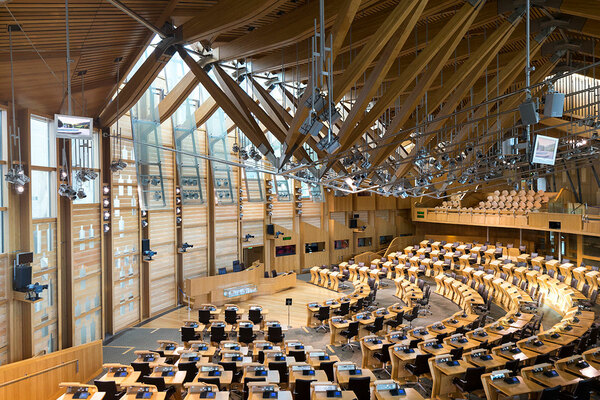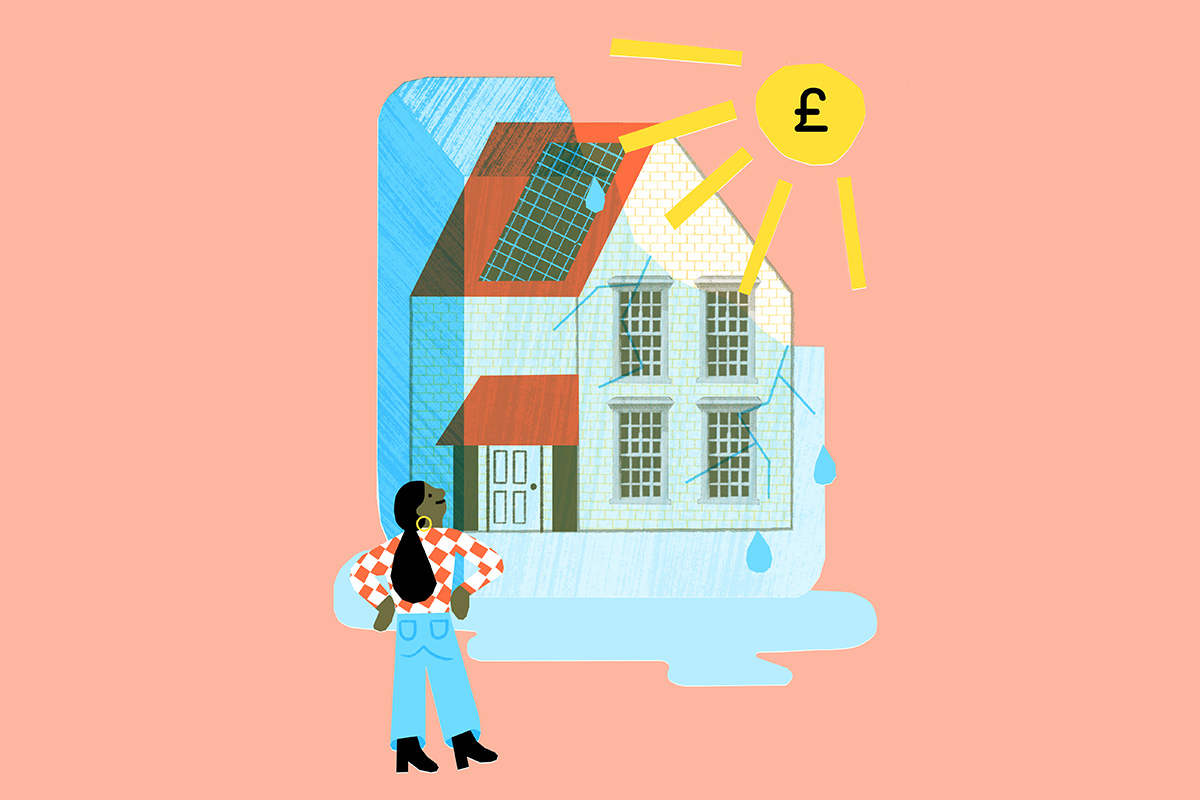You are viewing 1 of your 1 free articles
Scottish social landlords limit rent increases amid focus on affordability, regulator finds
The average planned rent increase for Scottish social landlords has fallen for the second year in a row as the regulator continues to define rent affordability as a key focus for the sector.
As part of the Scottish Housing Regulator’s (SHR) annual analysis of how landlords are performing against the Scottish Social Housing Charter, it found landlords were planning a rent increase of 2.5% on average in 2019/20, compared with 3% in the previous year.
This marks the second year in a row that the average planned rent increase has fallen, following a peak of 3.2% in 2017/18.
Rent affordability has been a key focus of the regulator in Scotland for several years. Ian Brennan, director of regulation at the SHR, recently warned that this focus will continue given “the current and likely future economic context”, in reference to the COVID-19 crisis.
Despite the drop in average planned rent increases, the regulator’s annual report on its national panel, which consists of nearly 500 tenants and service users, found that 80% were concerned about the future affordability of their rent, compared to 2019 when 69% expressed concerns.
According to today’s report on the Scottish Social Housing Charter, the average weekly rent for Scottish council tenants was £75.44, while the average weekly rent for registered social landlord tenants (RSL) was £87.94.
Other main findings from the report included:
- Almost nine out of 10 Scottish social housing tenants were satisfied with the homes and services their landlord provides, the same figure as 2018/19
- 84% of both local authority and RSL tenants felt their rent was good value for money, compared with an average of 83% for all social landlord tenants in 2018/19
- Average satisfaction with the quality of homes for RSL tenants was 87%, compared with 81% for local authority tenants
- It took landlords an average of 3.6 hours to respond to emergency repair issues, the same figure as 2018/19
George Walker, chair of the SHR, said: “This report covers the period before the pandemic began to impact.
“The fact that landlords again performed well in the areas tenants said matter most is, of course, very good news for the people who use their services.
“I would encourage tenants to use our modernised comparison tool and landlord report to find out more about and compare their own landlord’s performance.
“We know that the COVID-19 pandemic has presented unprecedented challenges for social landlords, tenants, people who are homeless and other services, and that social landlords are continuing to work hard to tackle these challenges.
“Over the coming months we will continue to work with landlords, tenants and service users, the Scottish government and the Social Housing Resilience Group and all of our stakeholders, as we all continue to work to tackle the challenges COVID-19 brings.”












